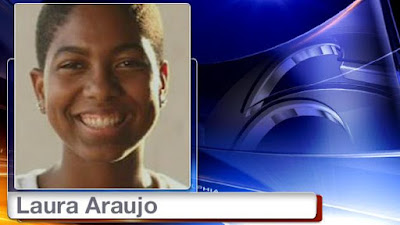 A common theme in action movies is vengeance. The protagonist loses a loved one early in the movie, and we spend the rest of the flick rooting him or her on as they vow to avenge their loss and proceed to wreak havoc on everyone involved. It is a satisfying story arc because it taps into emotions and pledges we would hold in our own hearts. If you hurt someone I love, I will make you pay, and everyone will cheer me on and offer hearty assent as I do.
A common theme in action movies is vengeance. The protagonist loses a loved one early in the movie, and we spend the rest of the flick rooting him or her on as they vow to avenge their loss and proceed to wreak havoc on everyone involved. It is a satisfying story arc because it taps into emotions and pledges we would hold in our own hearts. If you hurt someone I love, I will make you pay, and everyone will cheer me on and offer hearty assent as I do.Which is what makes forgiveness so powerful and so inspirational. Like the story of a Philadelphia dad who publicly forgave and blessed his daughter's killer. We rightly praise this father for being able to do carry out a profound act of mercy in response to such a cold-blooded and personally devastating crime.
And yet, strangely, while we admire so great an act of forgiveness, we often cannot bring ourselves to much smaller opportunities to forgive. Just as we cheer on the hero as she or he lays waste to those who wronged them, we prefer vengeance to forgiveness. We suffer the slightest slight and in response we trip over ourselves to retaliate. In social media parlance, we "clap back," "burn," and "troll," and the Internet celebrates with us when we get off a good one. To not do so is to be weak, to be a doormat and to have no spine.
When we forgive, we are not saying that the wrong wasn't wrong. We are also not saying that our injury from it isn't real. What we are saying is that we have it in our hearts to release the wrongdoer from the burden their act has placed upon them, and to release ourselves from the burden of having to hold that burden over them.
Forgiveness is, of course, an important and foundational concept in Christianity. At the core of the gospel message is the notion that God has, through Jesus Christ, forgiven us. However earnestly we actually live it out, many of us adhere to this. But the Bible is also clear that, having been forgiven much, we are to forgive much. And that is where the rubber meets the road, as far as whether we truly have experienced forgiveness in our own lives. For to forgive is a far bigger act than I can manufacture on my own. I must, by nature, tap into God's forgiveness of me, and His helping me to then forgive others.
It feels good to cheer the good guy as she or he follows through on a determined promise to avenge wrongdoers. But it feels even better to ask God to help you forgive and then to be able to truly forgive. In this world we will wrong others and we will be wronged, sometimes unfortunately in profound and irreversible ways. May we seek and offer forgiveness, with God's help, when we can.


No comments:
Post a Comment